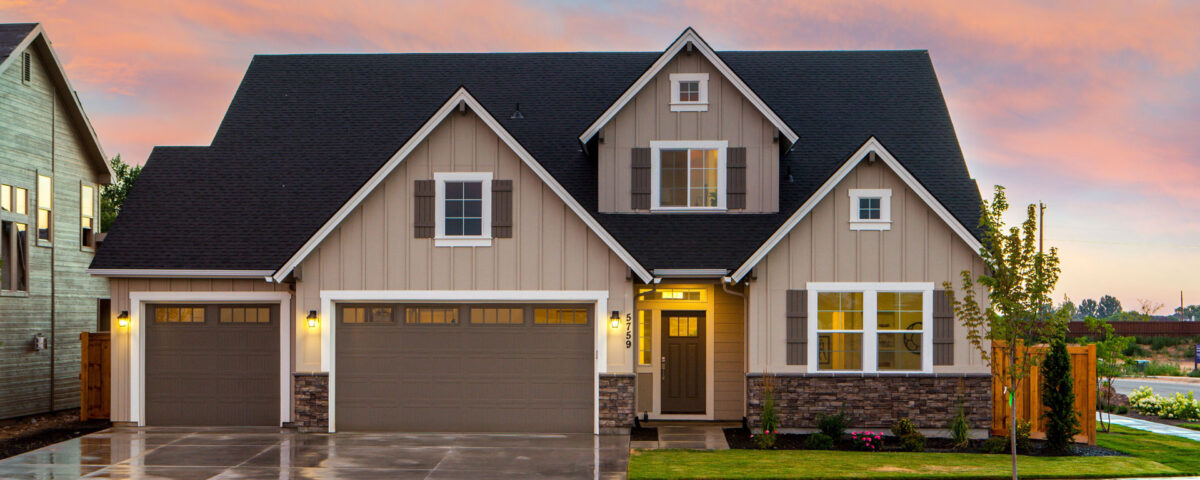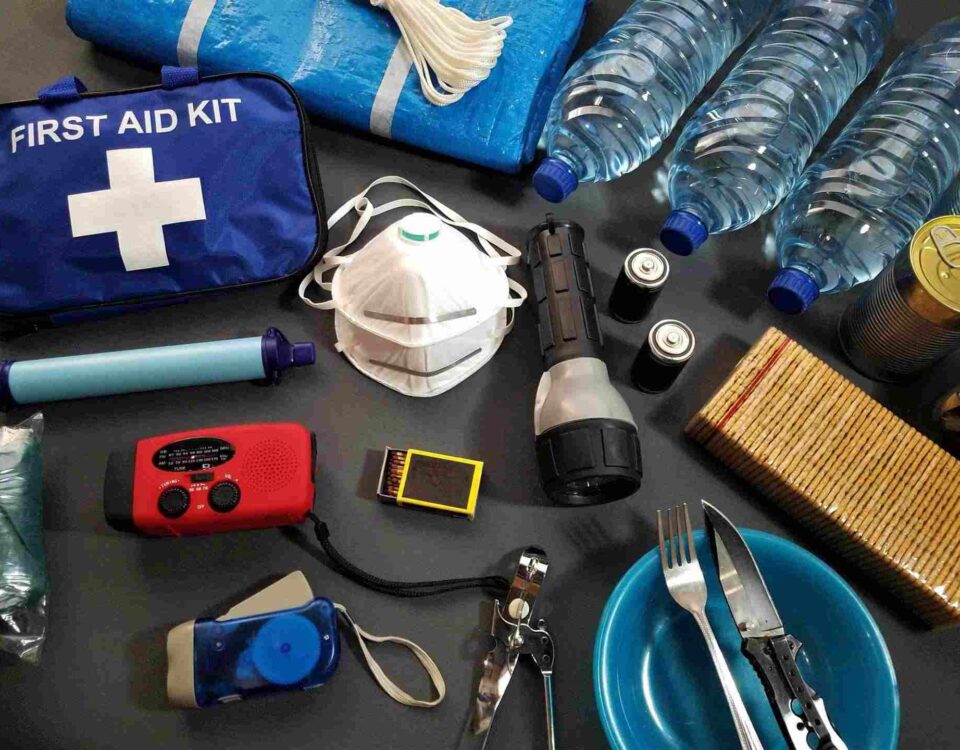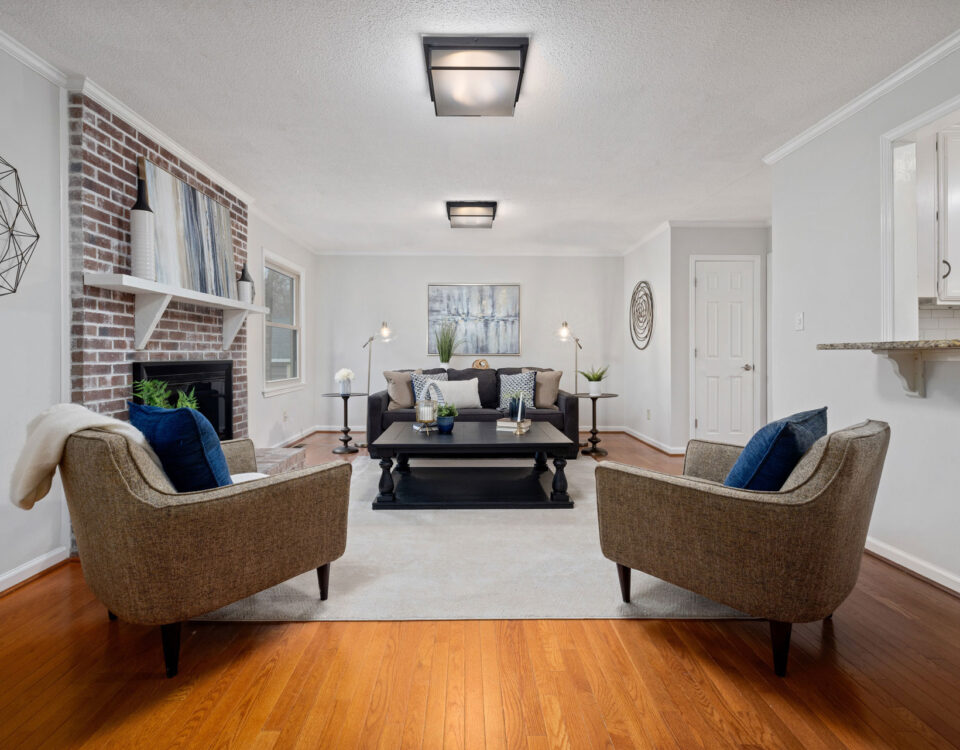When Was Your Last Home Audit?

Is Your House Making You Sick? 8 Steps to a Healthy, Non-toxic Home
January 18, 2023
What Makes a Luxury Home?
March 24, 2023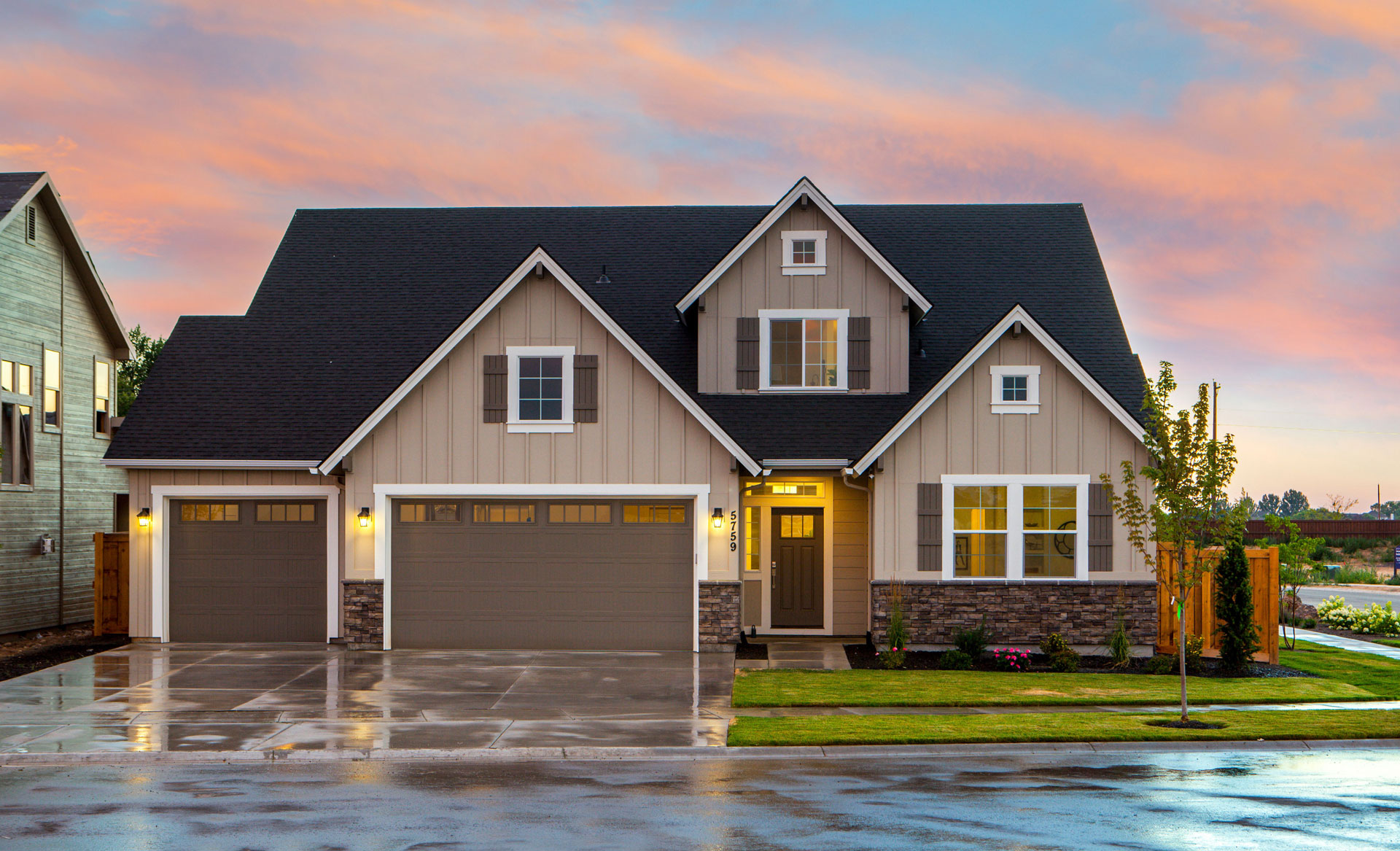
Just like a new car, your house deteriorates over time. Homes are made of natural materials and gravity and the environment are working against them. Every mechanical and structural part of your home can slowly erode, diminish in function, and break down.
Homeowners are familiar with a home inspection that is performed at the closing of a new house but most stop there. If you lose track of the less visible areas of your home and how your home is performing overall, be prepared for daunting risks and expenses.
Furthermore, when they are ready to sell your home, your market value will reflect your home’s condition. Don't be surprised when delayed maintenance catches up with you. Start conducting a seasonal home audit today!
What is in a home audit?
A home audit is the first step in mastering home maintenance. It should be the basis of your plan for repairs, upgrades and/or renovations. It also helps you protect and improve the value of your home. This type of assessment can also be a starting point for creating an emergency disaster, security, and safety plan.
A whole house audit should be completed every season so you can be proactive and avoid unnecessary risks and expenses. Want to know what's in an audit? Download our checklist!
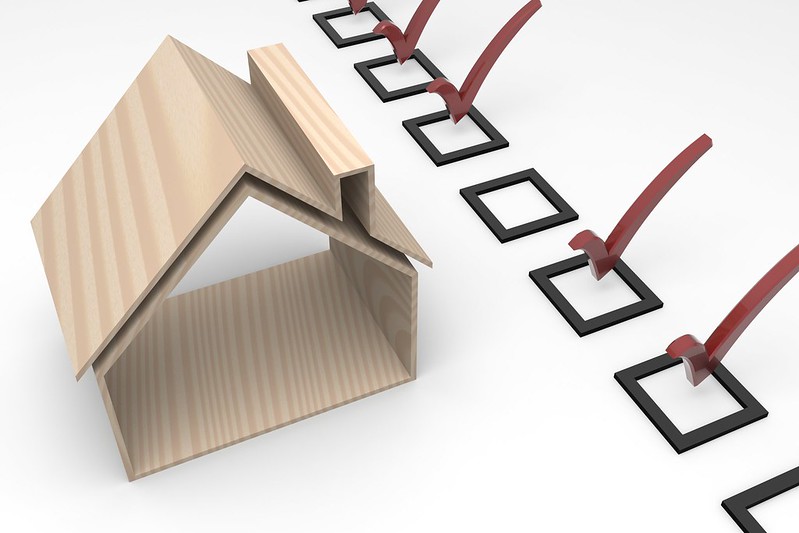
There are a few components of a home that you should check every three months.

Interior/ Exterior:
A quarterly audit of the interior and exterior of your home will keep your family healthy and save you money. Prolonged deterioration of insulation, leaks, or rotting of exterior materials will cause you a lot of time and money in repair. It is better to pay the price for the fix now as opposed to what it would look like ten years later from disrepair. Maintaining the insulation in the house will also keep your house warmer, meaning less colds and better indoor air quality for your loved ones. Fixing leaks in your insulation can also save you 5-30% a month on your utility bills.
Security:
Everyone wants to keep their loved ones safe. That is why it is important to do a security audit every quarter. You want to make sure that doors, windows and trim don't appear to be easy targets for breaking and entering. You should also check to make sure that security systems are responsive by running a quarterly drill. Check out this previous article for the best windows and doors for maximum energy conservation and security.
Land/ Lot:
You should be aware of the land surrounding your home, even if you don't have children playing in the backyard or pets to worry about. Walk around your house at the start of every season to look for hazards, burrows, beehives, or other pests. You should also be on the lookout for potholes in driveways or fence deterioration as these can be hazardous and expensive if not kept up.

Safety/ Disaster Resilience:
It's important to conduct a safety and disaster resilience audit often, because the environment is always changing. It is important to take the area you live in and recent weather conditions into consideration to equip your house against disasters. This will save you money on repairs as well as keep you safe. Create a disaster plan that suits your neighborhood. If your neighborhood is prone to flooding make sure that your sump pump is up to date and performing at its best. In the colder months, make sure that your boiler and water heaters are replaced when there are signs of deterioration. Consider a first aid kit, non-perishable food items, water, and a backup generator as part of your emergency plan. (Do you need a generator?)
Conducting a home audit frequently is the best thing you can do as a homeowner. Your future self will thank you for being proactive with maintenance and improvements, making the job of selling more profitable and stress-free.
Picture Credits:
- "Retirement Home" by aag_photos is licensed under CC BY-SA 2.0.
- "3D Home Inspection Checklist" by ccPixs.com is licensed under CC BY 2.0

